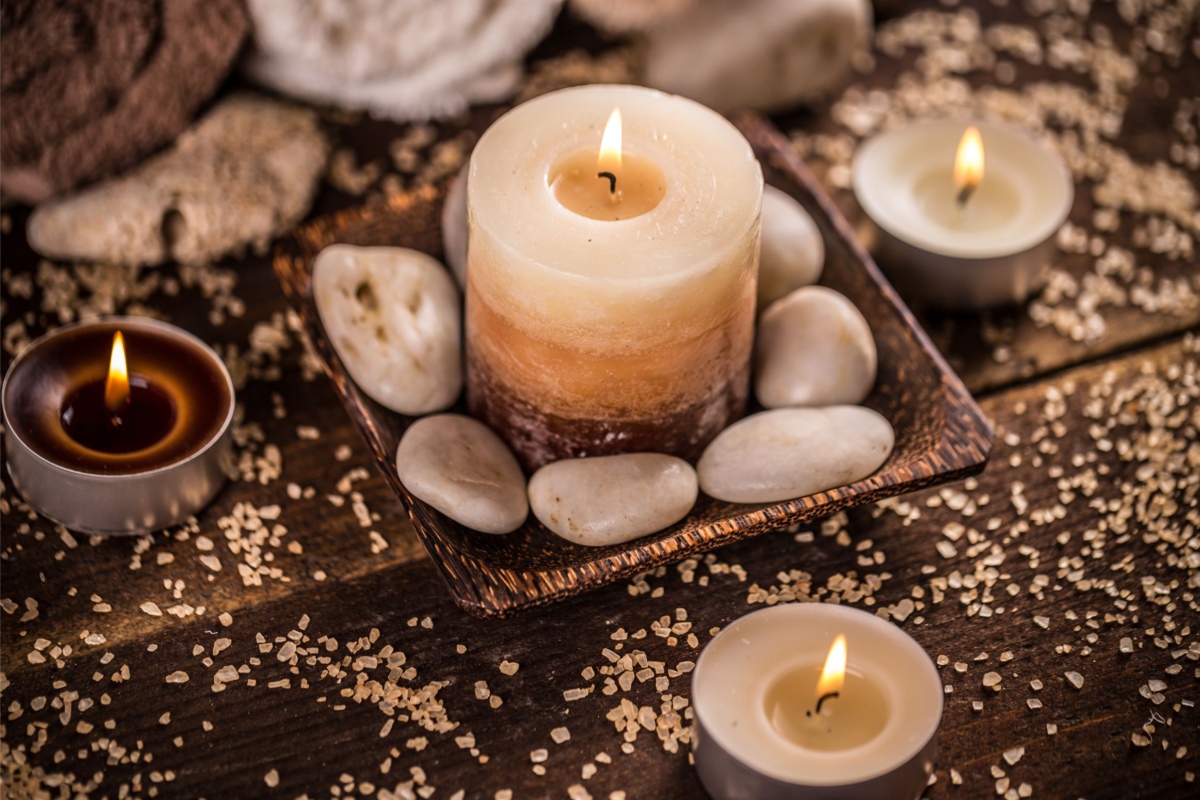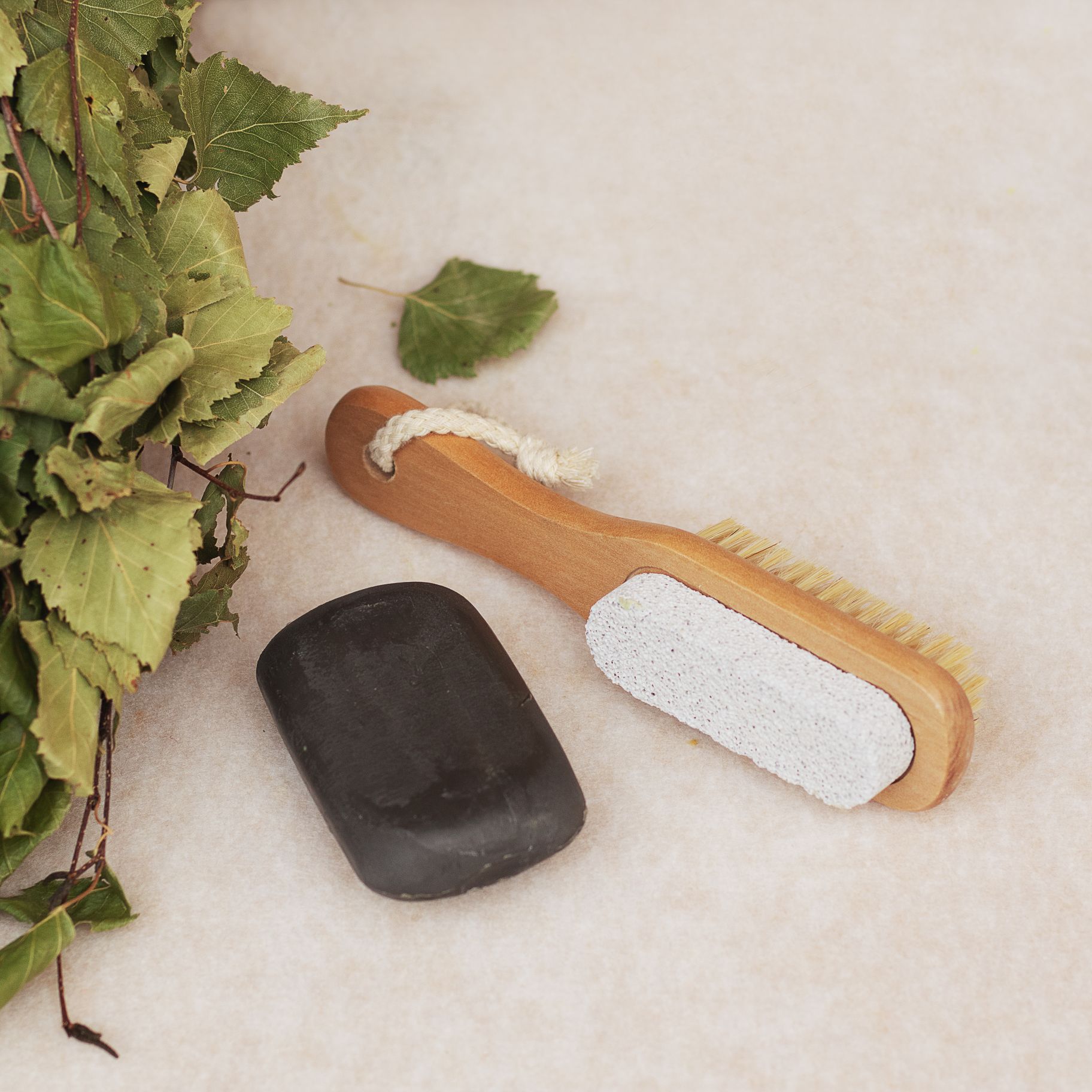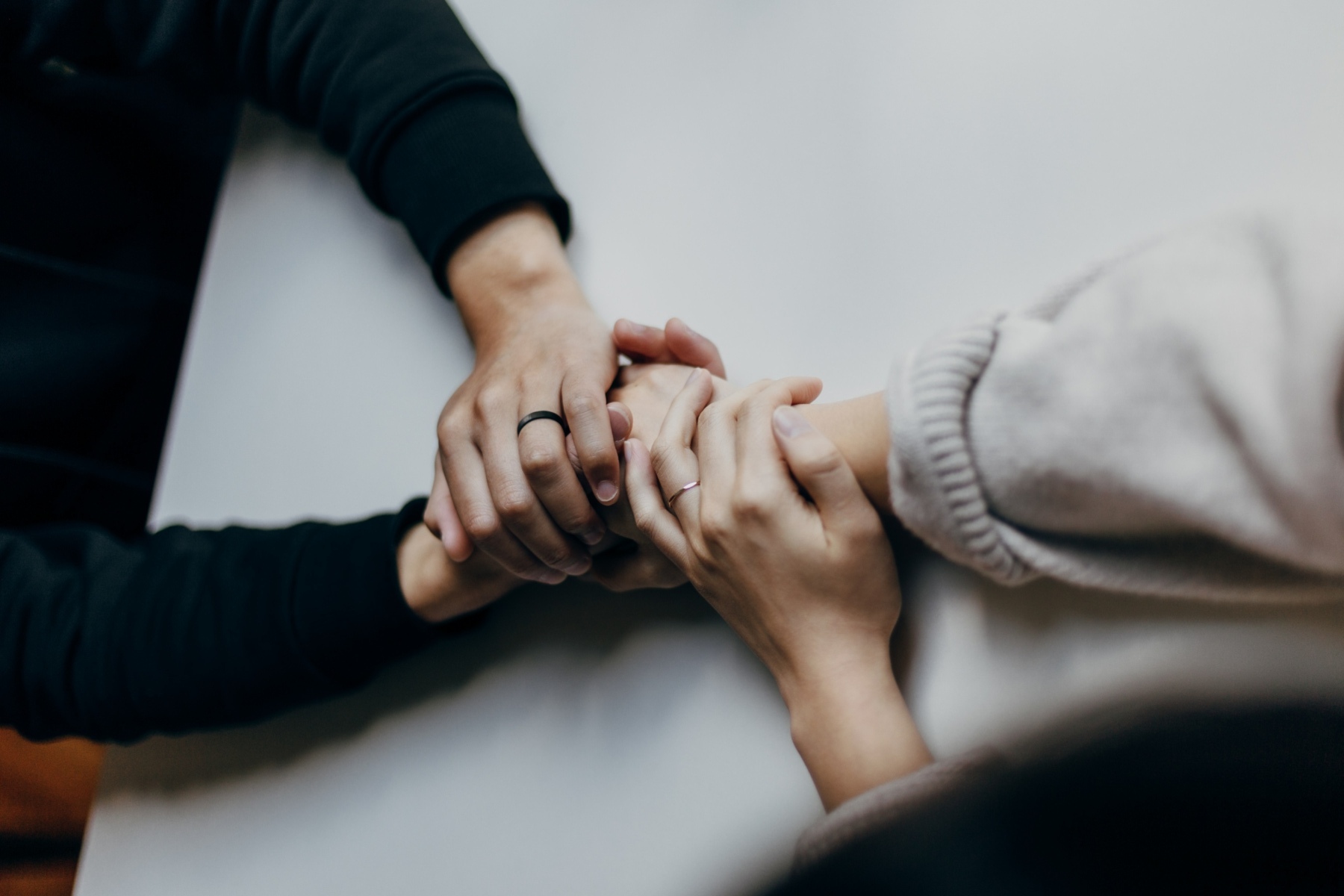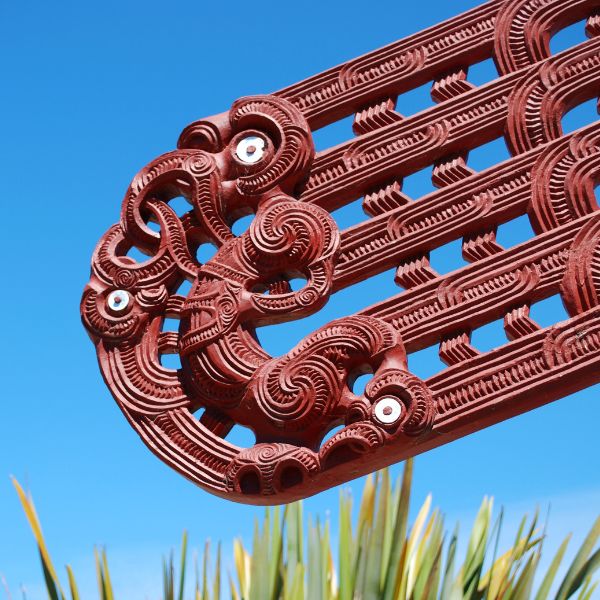Keeping the Body at Home
When people die, one of the options for you to consider is to keep them at home. This is very common in some cultures and very unfamiliar for other families, but it is something more people are now considering, and choosing.
Some people find that this is one of the most respectful acts you can perform, as a final act of love and kindness. There are many ways you can care for your loved one’s body after they have died.
It’s important that you do what feels most appropriate and meaningful for you. Talk to your local funeral director to find out if they can support you to care for your loved one’s body at home.
Why you might choose to care for the body at home
You can choose to be involved in the preparation of the body of your loved one after death, or you can leave this to professionals. If there was nothing expressed in your loved ones final wishes, this is completely your choice. The preparation of your loved one’s body can be carried out in different ways and sometimes can depend on what is planned for your loved one’s farewell.
Caring for the body of a loved one at home can help with the grieving process. As it might be the last physical contact you have with the person who has passed, it’s also a way to continue to care for your loved one after they have died.
You can expect to see changes in the body over time, such as increased paleness, facial changes and stiffness of muscles and joints. This can depend on the condition of the body before death, the cause of death, the temperature of the body and the environment.

Preparing the body after death
You can choose to be involved in the preparation of the body of your loved one after death, or you can leave this to professionals. If there was nothing expressed in your loved ones final wishes, this is completely your choice. The preparation of your loved one’s body can be carried out in different ways and sometimes can depend on what is planned for your loved one’s farewell.
Caring for the body of a loved one at home can help with the grieving process. As it might be the last physical contact you have with the person who has passed, it’s also a way to continue to care for your loved one after they have died.
You can expect to see changes in the body over time, such as increased paleness, facial changes and stiffness of muscles and joints. This can depend on the condition of the body before death, the cause of death, the temperature of the body and the environment.

Bathing and caring for the body
Gently wash the face with a soft damp cloth. You can also gently help the eyes to close by holding the eyelids down for a few minutes following death. If they don’t stay closed on their own, you can try placing a small soft fabric bag over the eyes and keep it in place until the lids remain closed. It works best if the bags is filled with a substance like uncooked rice, similar to a small eye mask.
Gently clean the teeth and mouth with a damp cloth. Dentures should be taken out, cleaned and replaced. If the mouth is still open, you can help to keep it closed by placing a soft rolled-up towel underneath the chin until body stiffness helps it remains closed. If this is proving unsuccessful, you could try a necktie or scarf that can be wrapped around the head and gently tied.
If needed, you can gently wash your loved one’s hair with shampoo (you might like to use a no-rinse shampoo). For a man, you may also like to shave his face, if that was part of his normal routine. Clean the body using a washcloth with water and soap and if you prefer, small amounts of essential oils. It is also important to ensure the genital and rectal areas are clean.
Dress the body as your loved one would have wished. Button up shirts can be a good idea as it is easier to get arms through the sleeves. You might like to paint fingernails or toes, apply makeup or style their hair if this is what they would have liked. You can also adorn their body with jewellery and mementos.
Embalming is commonplace for open-casket funerals but is not necessary. If bodies are well cared for, using icepacks, refrigeration and other strategies, they can be cared for without embalming for up to a week. Embalming is not required by law in New Zealand. Read more about embalming.
The most important thing when caring for a body at home is to keep it as cool as possible, to slow deterioration. This should be organised as soon as you have decided you would like to keep the body at home as bodies can usually last up to 4-5 days before noticeable physical changes. This means that with proper management, you can care for your loved one at home until their funeral or farewell service.
If the person isn’t embalmed, the deterioration of their physical body begins as soon as the person passes, which is why keeping the body as cool as possible is important. This can be done by:
– Turning all heating off
– Keeping air conditioning or cooling on to maintain a steady, cool temperature
– Using a specially designed body cooler, which sits under the casket and acts like a large ice pad
– Putting ice packs wrapped in tea towels around the body (change every few hours)
– Shutting windows and doors to reduce humidity, moisture and air temperature changes
– Placing the body away from any direct sunlight
– Reducing the number of people in the same room, to avoid increases in room temperature
– Minimising contact with the skin of the deceased.
Although many people choose to organise their loved one’s remembrance through the direction of a funeral director, there is no reason why the family can’t manage everything themselves at home or in another location. There is no legal requirement in New Zealand to use a funeral director service. More about home fiunerals.
Seeking support from a Funeral Director or End of Life Doula
Ask local funeral directors if they will support you to keep your loved ones body at home. You can also engage the services of an end of life doula to help you with this preocess.
If you have decided not to keep the body at home, you can call a funeral directorto collect the body, once your loved one has been confirmed as deceased by a medical professional. The body will be placed in refrigeration to keep it cool until the day of burial, at which point the body will be transported to the funeral service and then the burial site.
Most funeral facilities include private rooms where friends and family can visit and spend time with their loved one during set hours.

cultural perspective
Tangihanga
Within Māori culture, it is common for bodies to lay in state at their local marae, where whānau and friends will come and pay their respects, prior to the tangihanga or funeral.
Depending on the iwi the deceased person belongs to, customs followed when someone dies may differ slightly. The ceremony of tuku will be carried out to free the spirit from the body. The body will be prepared by whānau. The deceased will be dressed in formal clothing, perhaps in traditional Māori garments as per their wishes.
It is important that the body not be left alone at any time until burial takes place. The body will be taken to the marae where a karanga is performed welcoming the spirit and the body onto the marae. Family and friends (whānau) pay their respects and share their grief openly and loudly.
